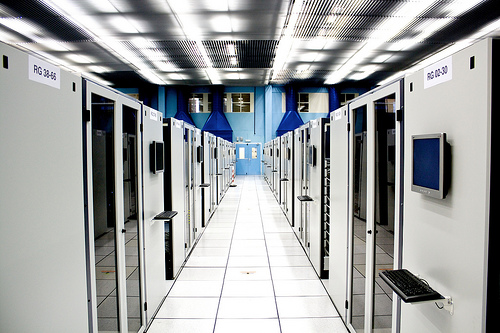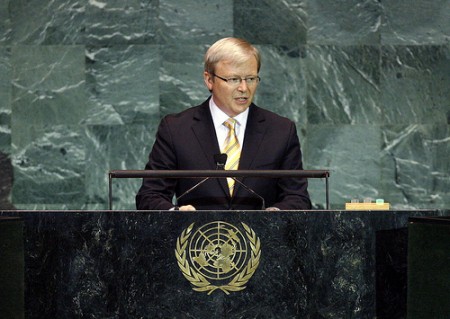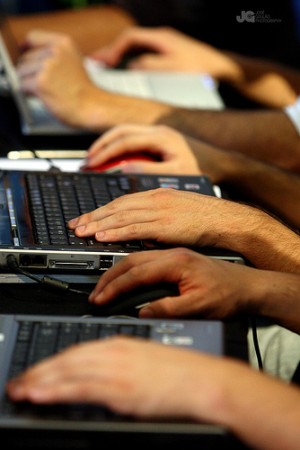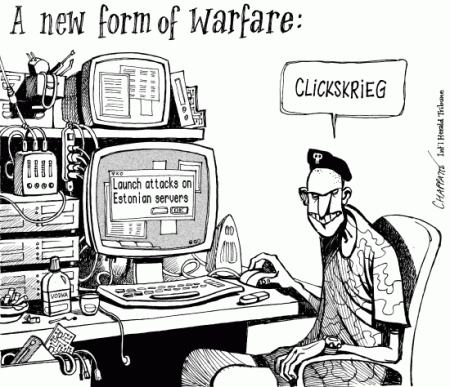
This is a cross-post from the Lowy Institute’s blog, The Interpreter.
If you had to choose between human rights and governance, which one would you pick? Most might go for human rights, but when it comes to the internet, that would be the wrong answer.
In February, the Internet Governance Forum (IGF) held its last preparatory meeting before the 2011 annual meeting, due to take place in Nairobi. The IGF was created following the UN World Summit on Information Society (WSIS) held in Tunis in 2005. The summit was an attempt to internationalise internet governance and make it more open.
The summit had four principal goals: ensuring the access, openness, development and security of the internet. The WSIS attempted to shape a new form of internet governance, that would give more power to international organisations and less power to the private sector organisations like the Internet Corporation for Assigned Names and Numbers (ICANN). Since no agreement was reached in Tunis, UN member states agreed to mandate the IGF to continue discussions on internet governance.




